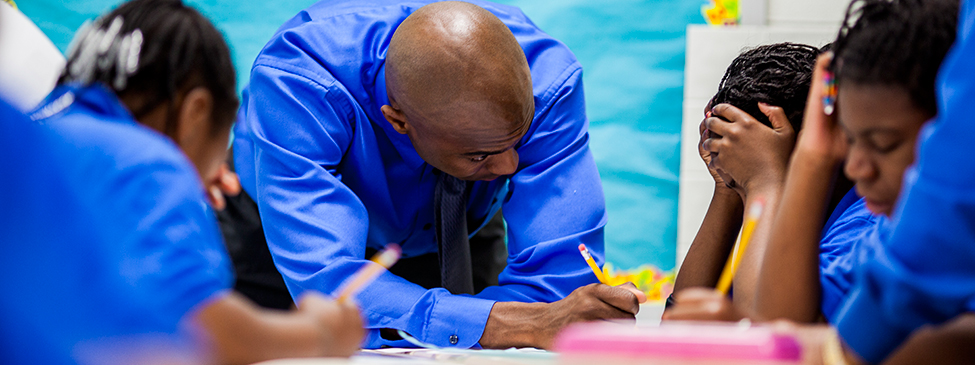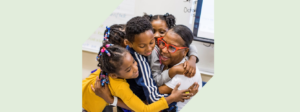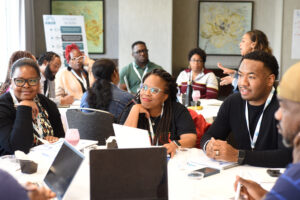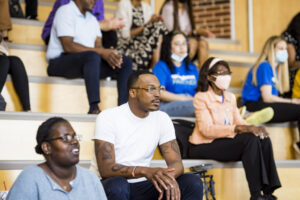Conventional wisdom has a bad name. The connotation of the term is more akin to “erroneous groupthink” than its more literal meaning, which I’d describe as “stuff so widely accepted you generally don’t have to argue the point.” Conventional wisdom is not inherently right or wrong—it can cut both ways. For example, conventional wisdom holds that smoking is unhealthy. Here, science agrees. Conventional wisdom also holds that foods laden with genetically modified items, salt, MSG and cholesterol are unhealthy. On that front, the evidence is not as clear.
So what is the conventional wisdom on helping teachers get better? What works?
In the process of writing our upcoming major research report, we reviewed hundreds of papers, research reviews, commentaries, blog posts, interviews, op-eds and transcripts of panels. Below, I’ve summarized the beliefs that are so broadly held and uncontroversial that I would argue they rise to the level of conventional wisdom, even if they don’t reflect unanimity. In upcoming blog posts and in the report itself, due to be published at the beginning of August, we’ll discuss how our findings square with these assumptions about teacher improvement—and how they don’t.
Conventional wisdom generally holds that teachers are more likely to improve their practice and results when the supports provided to them are:
-
Sustained over time, rather than a single experience or a handful of “drive by” or “episodic” experiences. Some practitioners argue for specific numbers of minimum contact hours.
-
Aligned to the particular grade level and content area of the teachers involved, rather than generic or mismatched to grade or content area.
-
Job-embedded, or integrated into the authentic work that teachers do on a day to day basis, not delivered in a separate, artificial environment like a workshop or seminar.
-
Personalized. Those providing support know something about the teachers being supported from pre-existing relationships or having spent time in their classrooms.
-
Collaborative, offering teachers an opportunity to work together, share practices and possibly to observe one another, with the goal of learning from one another.
-
Reinforced by strong administrators who create an environment in which professional learning is expected, appreciated, and supported.
-
Focused on coaching by an expert who observes the teacher in action as he/she executes newly learned practices and offers feedback that validates work or informs changes.
While these are often described as the characteristics of successful professional learning for teachers, they are not necessarily viewed as ubiquitous. In fact, the conventional wisdom on teacher support is that most of it stinks.
But why?
One common explanation is that systems tend to skimp. While individual schools or groups of schools often develop successful development programs, larger systems struggle to replicate them because they cut corners, trying to get the same results without the same dosage or without providing enabling elements like time for teachers to collaborate.
Another common explanation is that systems fall prey to top-down strategies, substituting central office judgment for schoolhouse judgment and mandating one-size-fits-all content because it is trendy or beloved by current leadership. In other words, learning is eaten alive by bureaucracy.
Those of us in the field think we know a fair bit about effective professional development. We’ve assumed the problem is that we aren’t following the recipe or we aren’t doing enough of the good stuff right now. But do we really know how to help teachers get better at their craft? What are the practical solutions that would foster widespread teacher improvement? That was our jumping off point as we dug into our research. By testing whether our existing beliefs hold up to scrutiny, we can decide whether we should continue on the same path or change course.
I can tell you right now that our report won’t claim to have the all the answers. But we hope it will push the envelope and ask the hard questions that conventional wisdom often leaves unanswered. Stay tuned.








